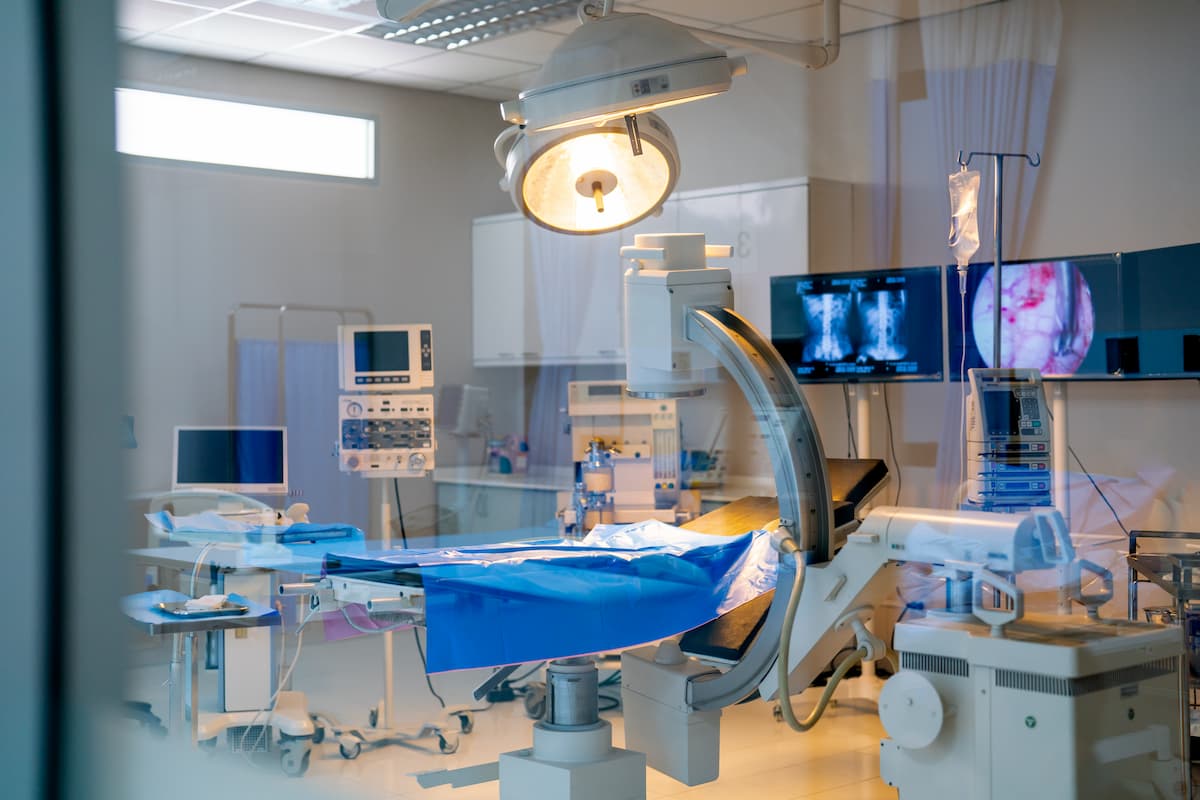Emergency power for healthcare is not just an option, but a potentially life-saving necessity.
For the healthcare industry, just like any other industry, if power is interrupted, mission-critical operations are suspended, and data is endangered. But additionally, if a hospital suffers a power outage for even just a few minutes, it may well be possible to measure the cost in economic terms, but the highest value -that of the well-being of its patients – is immeasurable and priceless!
Weather-related events, natural disasters, a general blackout, or an equipment failure on the aging power grid can be the causes of a power outage and emergency power for healthcare operations becomes necessary.
On-site generators — The critical solution
Hospitals and emergency units require on-site generators and an emergency supply that guarantees continuous power in the event of a grid failure. A lot depends on that supply: the surgical equipment they use, their ability to monitor patients, the automatic electronic medication dispensers, etc. In the case of an energy cut, generator sets should be able to start up automatically and almost immediately that it barely affects whatever is happening in surgeries, emergency room, laboratories, ICU, hospital wards, etc.
Power outages caused by natural disasters and sudden events are much more complicated to deal with, and in several circumstances, the entire facility has to be dependent exclusively on the standby and emergency power system to maintain the operations for various days.
Addressing emergency and standby power to medical facilities is a significant task due to its complexity, size and specific requirements (National Electric Code (NEC) 700 and National Fire Protection Association (NFPA) 110 standards). It involves many different systems consisting of alternate sources of energy, switching equipment, controls, and distribution equipment.
Bi-Fuel Solution: The best of both worlds
While diesel has been the traditional fuel choice, many healthcare facilities are now using natural gas or bi-fuel generators, upon approval of the AHJ, to meet runtime requirements during times of crisis.
Bi-Fuel is an excellent option for healthcare facilities because it provides the best of both worlds. You meet the on-site fuel requirements of NEC 700 and NFPA 110 as you have a diesel storage tank, but obtain the benefits of longer runtimes as the generator transitions to natural gas under load. Also, these units can be installed in parallel to create even more significant kW requirements.
Natural gas generators are also being specified for many healthcare facilities as the permitting requirements are simple. Also, more AHJ’s are now considering the natural gas pipeline network to be adequate on-site fuel storage, as this robust underground network is rarely impacted by weather or other crisis events, allowing you to meet code requirements related to having a reliable fuel source. Another key benefit is that there is less maintenance associated with natural gas generators.
